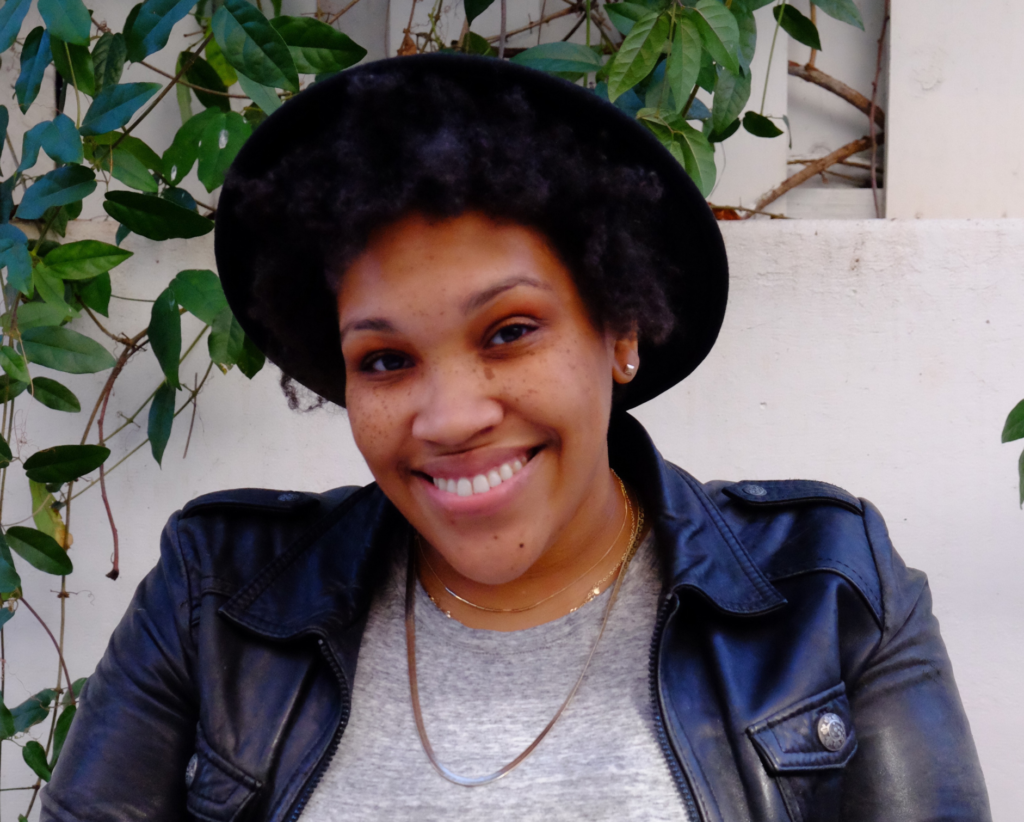
Today is International Day of Women and Girls in Science and we are also nearing the halfway point through Black History Month. This is a great opportunity to reflect on the contributions of women, Black women in particular, at the nexus of science and history at this moment in time.
As the world continues to combat the COVID-19 pandemic, science has stepped up in a history-making fashion to offer a promising beacon of hope via the development and approval of COVID-19 vaccines that came just in time for the 2020 holiday season. Typically, the vaccine development process can take many years, often decades— COVID-19 vaccine development was condensed to about 11 months, which is a groundbreaking, beyond remarkable accomplishment. This marks a major milestone in the history of science, and true to most advancements in the scientific enterprise, teams of scientists worked diligently to develop the vaccine in record time to literally help save the world.
Among the people who led the way is Dr. Kizzmekia Corbett, an amazing viral immunologist at the Dale and the Betty Bumpers Vaccine Research Center at the National Institute of Allergy and Infectious Diseases (NIAID).1 Dr. Corbett’s leadership in the COVID-19 vaccine process bears much significance for many reasons. First, the image of her as a Black woman amid her white male colleagues is both inspiring and striking— it reflects the dichotomy between the persistent challenges and immense opportunities with who comprises the scientific workforce. Women and people of color have been historically underrepresented in scientific fields; however, Dr. Corbett serves as a powerful example that women and people of color— and women of color, specifically— are not only capable of participating, but they can also excel and innovate in these fields. We should endeavor to create a society that treats the excellence of the Dr. Corbetts of the world as a normalcy and not an anomaly. Given the tremendous power of media to not only reflect culture, but also create it, media bears immense potential to help drive meaningful change in shifting perceptions to achieve that aim. Dr. Corbett stands on the shoulders of other Black female innovators like Katherine Johnson, NASA Mathematician whose story and contributions to the space race were unearthed from obscurity through the hit film Hidden Figures. Dr. Corbett is making history— not just Black history, but American History and World History, none of which are separate.
The image of Dr. Corbett also bears tremendous significance because of the rife history that the Black community has with the medical and research establishments, which has produced a strong mistrust. In recognition of this, the Nation’s top infectious disease expert, Dr. Anthony Fauci, acknowledged the hesitancy among Black Americans to take the COVID-19 vaccine, saying he hopes more people will be inclined to trust the process because there was a Black woman at the forefront. Dr. Corbett’s contribution lends itself to creating opportunities for constructive conversations around present-day cultural issues as well as the historical injustices that have engendered this rightful mistrust. Media has played a valuable role in ensuring that these stories get told as well. Films like The Immortal Life of Henrietta Lacks shed light on the unauthorized use of a Black woman’s cervical cancer cells to create the first immortalized cell line known as HeLa cells, which are still widely used in research today. Ms. Lacks died in 1951, but it was not until the release of the book and subsequent film that her story became widespread, with her family finally receiving reparations in 2020.3 Stories matter. Hopefully, the power of storytelling will continue to be utilized to spur effective actions to not only promote a healing of the past, but also mitigate bias that perpetuates mistreatment, injustice, and inequities.
Dr. Corbett has helped create light in what has felt like an immensely dark time. Hopefully, more women and girls, little Black girls in particular, get to see her and be inspired to embrace the limitless potential they possess within themselves.
1 https://directorsblog.nih.gov/tag/kizzmekia-corbett/
2 https://www.cnn.com/2020/12/09/us/african-american-scientists-vaccine-development-trnd/index.html
3 https://www.nature.com/articles/d41586-020-03042-5 ; https://www.wsj.com/articles/henrietta-lacks-and-her-remarkable-cells-will-finally-see-some-payback-11596295285


